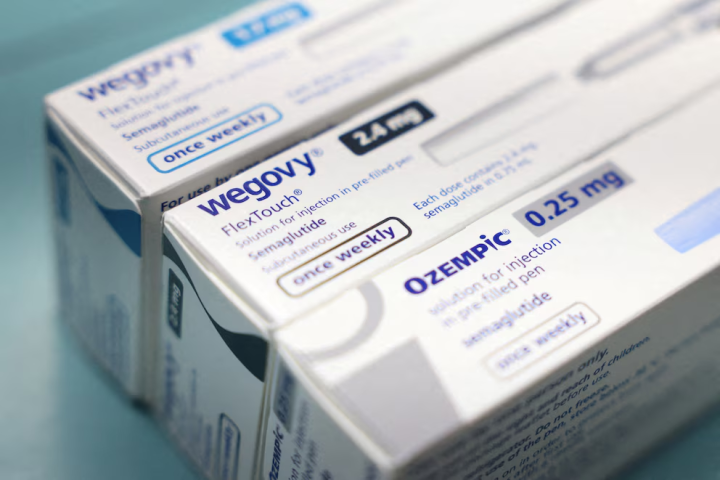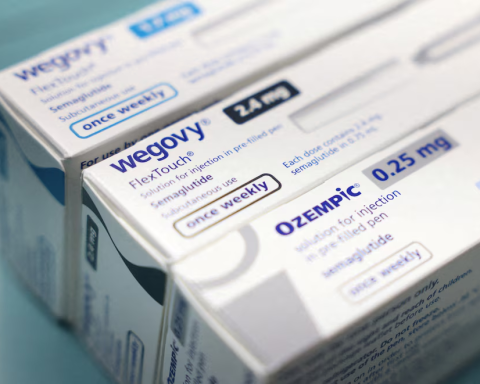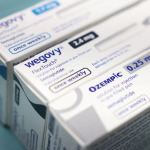The COVID-19 pandemic left scars beyond collective memory and persistent fatigue. Recent research confirms that the virus affects not only the lungs and immune system, but also the health of your arteries. An international study with nearly 2,400 participants revealed that the infection accelerates vascular aging, even in people who had mild symptoms and were never hospitalized.
Vascular aging: an invisible effect of COVID-19
When we talk about the after-effects of coronavirus, we usually think of a chronic cough, loss of smell, or so-called "long COVID." However, the study led by Professor Rosa María Bruno of the University of Paris Cité reveals a disturbing fact: the virus ages blood vessels.
The research focused on measuring arterial stiffness, a key indicator of vascular health. Using carotid-femoral pulse wave velocity (PWV) , scientists observed that the arteries of infected individuals exhibited premature stiffening. This phenomenon, which normally occurs with age, accelerated after infection, increasing the risk of heart attacks and strokes.
Women most affected: gender differences in vascular impact
The study's most striking finding is the gender difference. Women were more affected than men, regardless of the severity of the initial condition. Even those with mild infections showed increases in arterial stiffness equivalent to five years of vascular aging.
The data is clear:
-
Women with mild symptoms : increase of 0.55 m/s in PWV.
-
Women hospitalized in general ward : increase of 0.60 m/s.
-
Patients in intensive care : up to 1.09 m/s.
Every 0.5 m/s increase in PWV translates into a 3% increased cardiovascular risk in a 60-year-old woman. This means that the impact of COVID-19 on vascular health cannot be underestimated, even when respiratory symptoms have resolved.
Long COVID: An Additional Risk Factor

The so-called post-COVID syndrome is another key element in this story. It involves a set of symptoms that appear three months after infection and can last more than two. Fatigue, shortness of breath, and persistent pain are part of this picture.
The study warns that women who suffered from long COVID had even greater vascular deterioration. This suggests that the virus not only leaves immediate marks, but also prolongs its effects on the arteries over time.
The vaccine as a protective shield
One encouraging aspect is that the research found a protective factor: COVID-19 vaccination . Vaccinated individuals showed less stiff arteries and a lower tendency toward accelerated vascular aging.
This demonstrates that immunization not only protects against severe conditions, but also against invisible sequelae that could compromise cardiovascular health in the future. Furthermore, the one-year follow-up showed that, in some cases, arterial stiffness may stabilize or even improve, suggesting partial reversibility.
Why does COVID age arteries?

ACE2 receptors , present in the lining of blood vessels, to enter cells. This causes inflammation, endothelial dysfunction, and structural changes that increase arterial stiffness.
In women, researchers suspect that a stronger and faster immune response could, paradoxically, increase vascular damage. Prolonged inflammation, combined with hormonal and biological stress, may explain why the impact is greater in women.
Long-term consequences: a new challenge for public health
Vascular aging is not a minor symptom. It is directly linked to an increased risk of hypertension, heart attacks, and strokes. If COVID-19 accelerates this process, millions of people worldwide could face an increase in cardiovascular disease in the next decade.
Professor Bruno and her team will continue to follow the participants to confirm whether this vascular aging translates into a real increase in serious cardiac events. The answer could redefine post-pandemic public health policies.
How to prevent and maintain vascular health after COVID
If you've had COVID-19, even if it was mild, it's important to pay attention to your cardiovascular health. Here are some key recommendations:
-
Regular medical checkups : monitor blood pressure and perform vascular health studies.
-
Regular physical activity : Exercise improves the elasticity of blood vessels.
-
Healthy eating : reduce consumption of trans fats and ultra-processed foods.
-
Cholesterol and glucose control : key factors in arterial health.
-
No smoking : tobacco multiplies vascular damage.
-
Up-to-date vaccination : strengthens protection against possible side effects.
Final reflection
COVID-19 changed the way we understand the after-effects of a viral infection. What seemed like a respiratory problem ended up revealing a silent impact on the cardiovascular system, especially in women.
Your arterial health may have been affected even if your condition was mild. Therefore, beyond the pandemic, it's time to focus on caring for your heart and blood vessels.
💬 Do you think vascular screening should be mandatory for those who have had COVID-19, even in mild cases?






